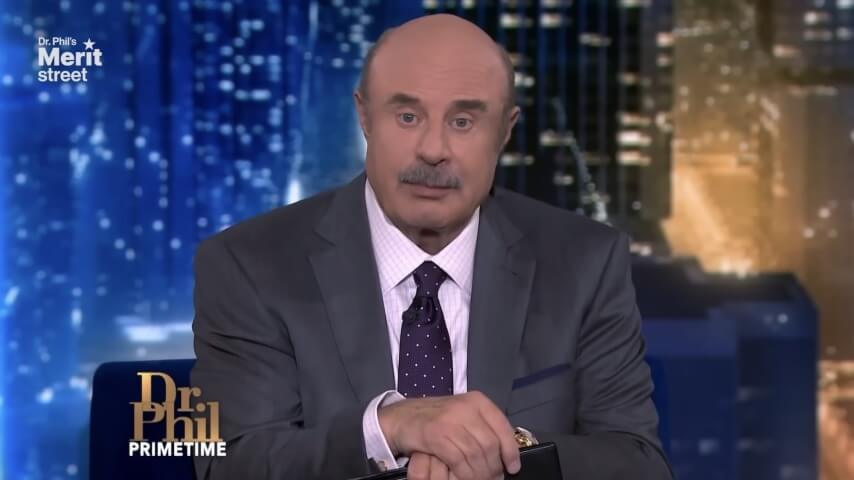Dr. Phil denies swindling anybody in bankruptcy case testimony
Phil McGraw claims he fought to make Merit Street Media a success, counter to claims from Trinity Broadcasting.
Screenshot: Merit Street Media/YouTube
Phil McGraw (a.k.a. Dr. Phil) took the stand on Tuesday in the contentious case surrounding the bankruptcy of his Merit Street Media. MSM’s partner Trinity Broadcasting claims McGraw pulled some shady maneuvers to swindle Trinity while launching a new venture (Envoy Media). Trinity also accuses MSM of underdelivering on its promises. The Dallas Morning News describes McGraw’s testimony as “heated and tense,” noting that the judge had to ask the witness and the opposing counsel to stop talking over each other. Deadline describes the TV personality as “bellicose” as he insistently denied Trinity’s claims.
